The Social Reset: Why Nigerians want Community Experiences.
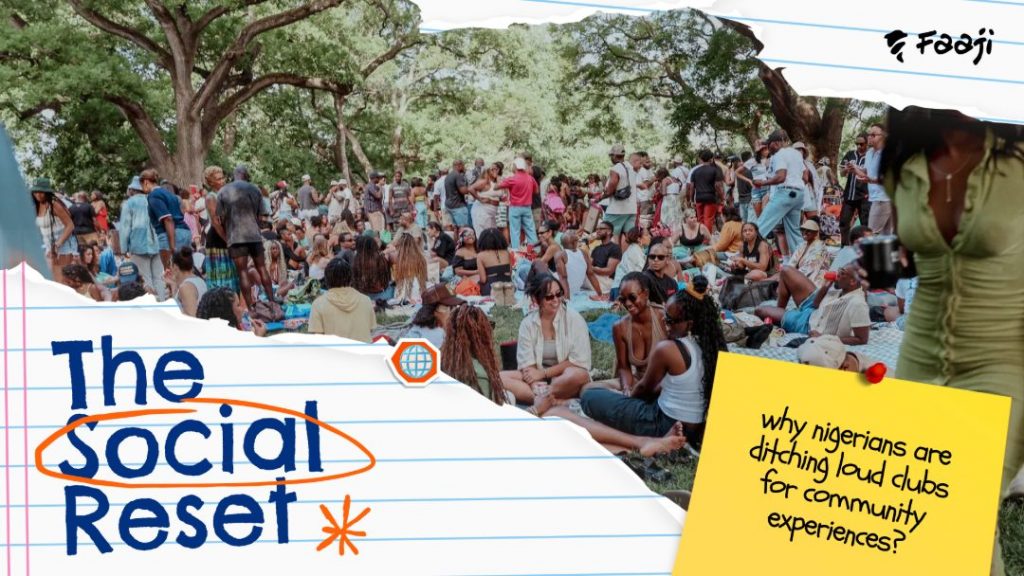
Something is happening in Nigeria, old ways are dying out.
For years, the night meant one thing: loud music, expensive drinks, crowded floors. You went to be seen. The club had to be exclusive. The bottle had to be expensive. Your table had to be VIP. Everyone watched. Everyone performed.
At the owambes, you wear your finest clothes and spent your money. Social media captured every moment. Status was everything. Connection was nothing.
Now it’s different, there’s a social reset
The young ones are building something new. Small gatherings where their wallet doesn’t matter.
Where you talk instead of pose for whatever.
They measure success differently now. Not by how much you spent or who saw you there, but by who you really met and what you actually felt.
The old Nigeria showed off. The new Nigeria shows up.
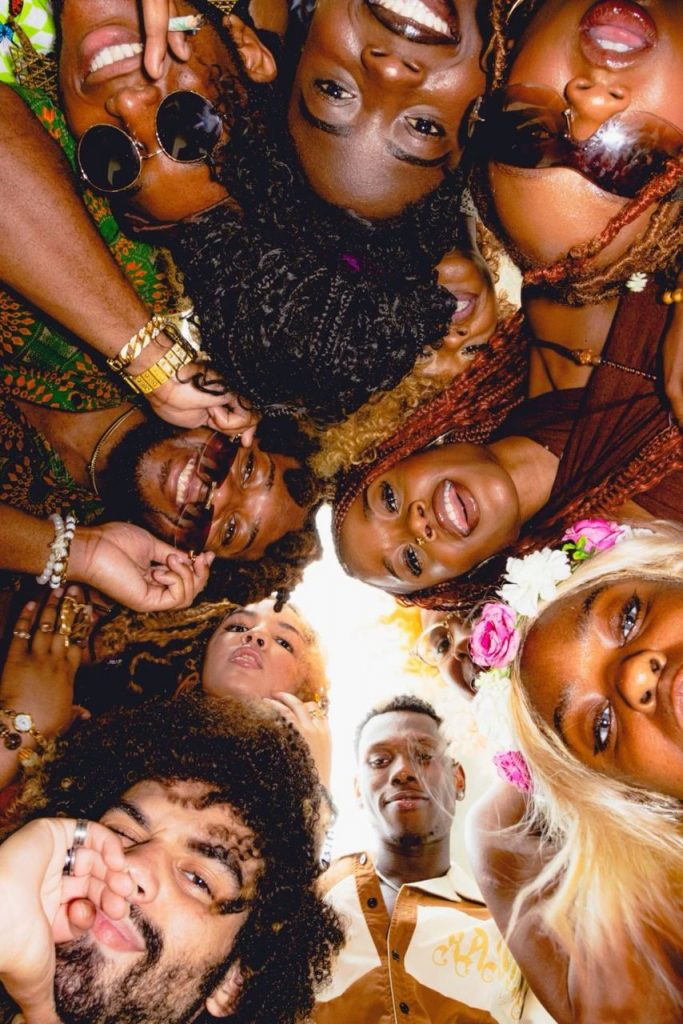
The Drivers of Change
Several powerful forces have converged to create this social transformation, starting with our collective post-pandemic awakening. The lockdown in 2020 fundamentally changed our relationship with crowds and forced us to reevaluate what “going out” actually means.
This period of forced isolation created a hunger for authentic interaction. people need more friends, people that are actually like them, that couldn’t be satisfied by simply returning to the same old crowded spaces.
Economic consciousness has also played a crucial role. Traditional clubbing is expensive, and young Nigerians are increasingly value-conscious about how they spend their money.
This generation understands that memorable experiences don’t require massive budgets,they require thoughtful curation and genuine human connection.
Perhaps most importantly, we’re experiencing a broader cultural evolution. Rising mental health awareness has made people more conscious of how different social environments affect their well-being.
The influence of global social trends, adapted to Nigerian context, has shown us alternative models for community building. And generational shifts in priorities have moved us away from pure status signaling toward more holistic definitions of social success.
What the New Social Scene Looks Like
The Nigerian social scene is changing. It is smaller, warmer, and more real.
People gather for live shows with their favorite podcaster duo to watch a movie with, party, live show host business meeting and pop ups, Christians meet without denomination for concerts, Cake lovers meet to slices of cake during the weekend, Book clubs turn into dinner tables where talk of novels slides into talk of life.
These meetings run on shared values, not rank. A tech founder might sit with a paintbrush and a glass of wine. A banker might learn to whip meringue.
It is less about buying a ticket and more about making something together.
Raves end with friends instead of strangers. Gallery nights spark quiet talks on art and culture. Poetry readings give room for truth. Films spark hard talks about story and society.
Online spaces follow suit. Businesses now bring people with the same passions into one room, one group, one thread.
That is community.
The venues are telling the same story. Small halls hum with conversation. Rooftops, gardens, and co-working spaces fill with life.
The thread is intimacy and intent. People come to connect, not to pose. We are moving from status to substance. From the show to the shared table.
The Psychology Behind the Shift
This change runs deeper than where people meet. It answers a need. The need for real connection. Social media wears people out. Filters, likes, and noise push them toward something raw. Young Nigerians want fewer friends but better ones. Values matter more than bank balances.
Real connection needs two things: vulnerability and presence. You do not find them in a loud club. You do not find them in rooms built for showing off.
Now the focus is on wellness. Small, honest gatherings feel good for the mind. They leave you lighter, not drained. People want spaces where they can breathe, talk, and be seen without acting a part.
Sober nights are on the rise. So are mindful parties. Drinks and smoke give way to activities that sharpen the mind and open the heart.
People look for their people. They join groups where they can show all sides of themselves without fear. Socializing has become a way to grow, not just a way to pass the night.
It is a shift from acting to being. From showing off to showing up.
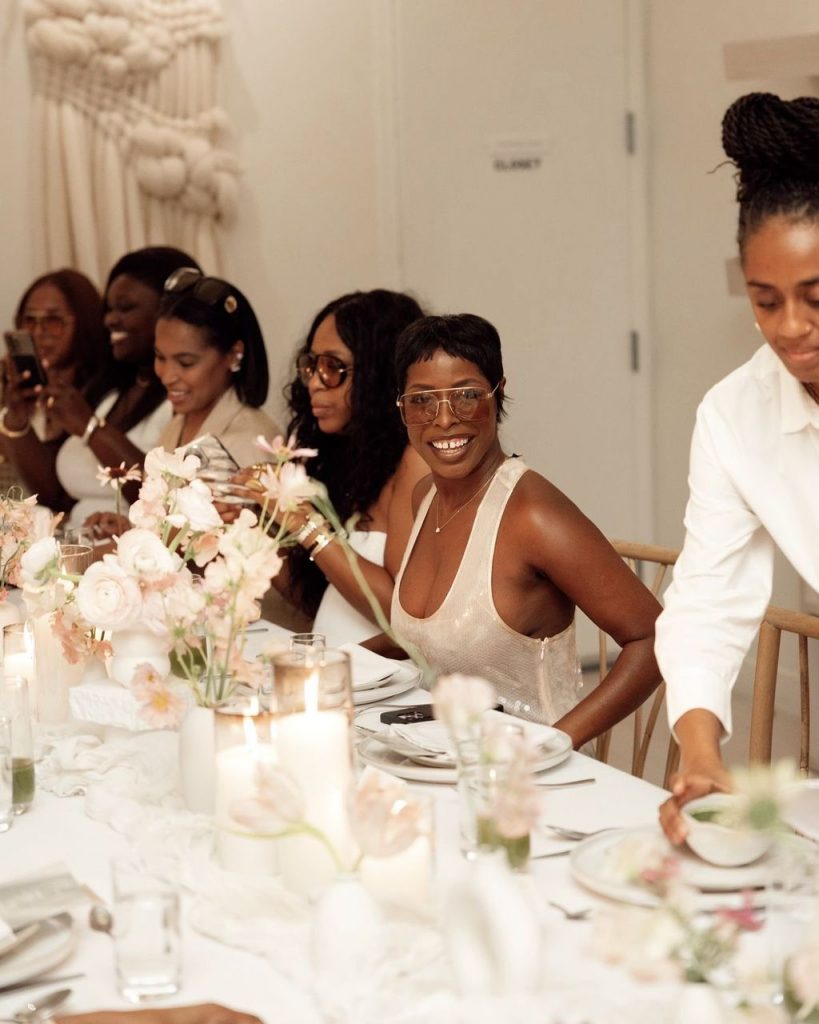
The Business Response
Smart business owners see it coming. They’re adapting fast.
The co-working spaces stay open late. Not for work. For people. Professional networking becomes real friendship. Business cards become dinner invitations.
The new party promoters are building communities. They don’t throw big parties anymore. They create small gatherings. Same faces every week. Relationships grow.
My friends house, a community space- a space curated for friends by friends to have wholesome experience with people you vibe with, from karoke to dinners to whatever you and your crew are down for.
They also have an online communities to foster relationships
The Vault Social House creating a space that evolves every night, raves on Friday, comedy house on Wednesdays, lounge whenever. Different crowd. Better conversations.
The smart money follows the shift, connection pays.
Challenges and Resistance
This social revolution isn’t without its challenges. The exclusivity problem looms large as curated experiences risk creating new forms of elitist social circles. The challenge lies in balancing curation with inclusivity whilst maintaining the intimate, meaningful nature of these gatherings while ensuring they don’t become accessible only to certain social or economic classes.
Some organizers are addressing this by implementing sliding scale pricing, partnering with community organizations, and intentionally diversifying their outreach efforts. The goal is to maintain quality while expanding access.
Cultural pushback remains a factor as well. Traditional expectations of Nigerian social life, generational misunderstandings about what constitutes proper socializing, and ongoing pressure to maintain social appearances create resistance to this new model.
Older Nigerians sometimes struggle to understand why young people would choose intimate gatherings over grand celebrations. Family pressure to participate in large traditional events can conflict with personal preferences for smaller, more meaningful social experiences.
The Ripple Effects
The impact of this social transformation extends far beyond Saturday night plans. Mental health and well-being are significantly improved when people have access to genuine community and meaningful social connection. Participants in these new social models report reduced anxiety, increased life satisfaction, and stronger support networks.
The economic implications are substantial as well. New business models are emerging around community experiences, from specialized event planning services to venues designed specifically for intimate gatherings. Young consumers are shifting their spending patterns, investing more in experiences that provide lasting value rather than momentary status.
This democratization of social experiences means that having a fulfilling social life no longer requires significant financial resources, just intentionality and openness to genuine connection.
Culturally, this movement is preserving and innovating simultaneously. It’s blending traditional Nigerian communal values with modern social needs, creating new cultural traditions and rituals that honor our heritage while meeting contemporary requirements.
The emphasis on community, mutual support, and shared meals reflects deeply Nigerian values, but the implementation through curated experiences and intentional relationship building represents a modern evolution of these timeless principles.
Looking Forward: The Future of Nigerian Social Life
In the next five years, community building will get sharper. People will hire others to design experiences that bring them closer. Digital groups will tie into real-world meetups. The two will feed each other, keeping bonds alive between gatherings.
Wellness will stay part of the mix. Social life will be seen as care for the mind, not just a way to pass time.
Nigeria’s reset offers a lesson to the world. In an age of screens and noise, it shows that community first is not just possible, it works. Others may copy it. We may even lead.
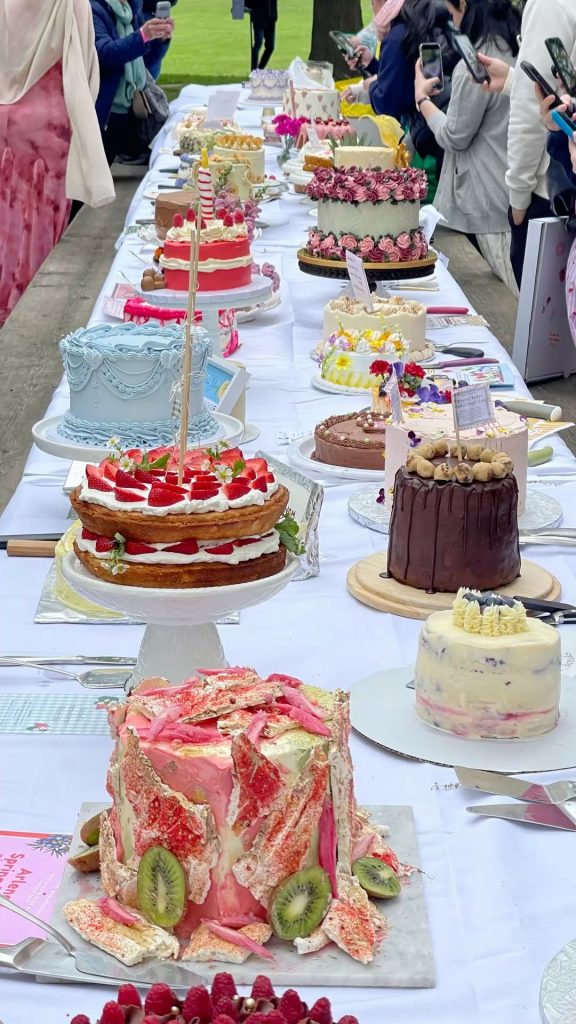
The New Definition of a Good Time
A good time is changing. It is less about buying, more about belonging. Less about showing, more about sharing. Less about the crowd, more about the circle.
This is more than taste, there is a cultural shift that builds stronger groups, helps the mind rest, forms the kind of bonds that carried our people through both hard and happy years.
The movement is open. You can join a group, start one, or simply walk into the next gathering ready to be present.
The present is now in living rooms, gardens, co-working spaces, and community halls. Anywhere people come to see and be seen. It will give us better parties, better friendships, and better lives.
The revolution is quiet, but its impact will be profound and lasting.
Other than clubs, what else are young Nigerians up to? Find out here
Share this content:

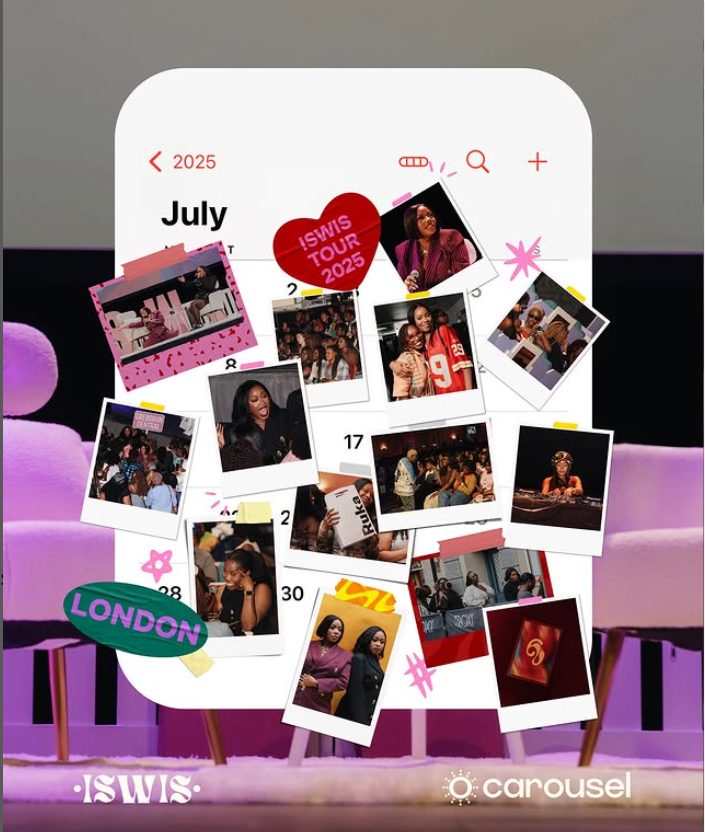


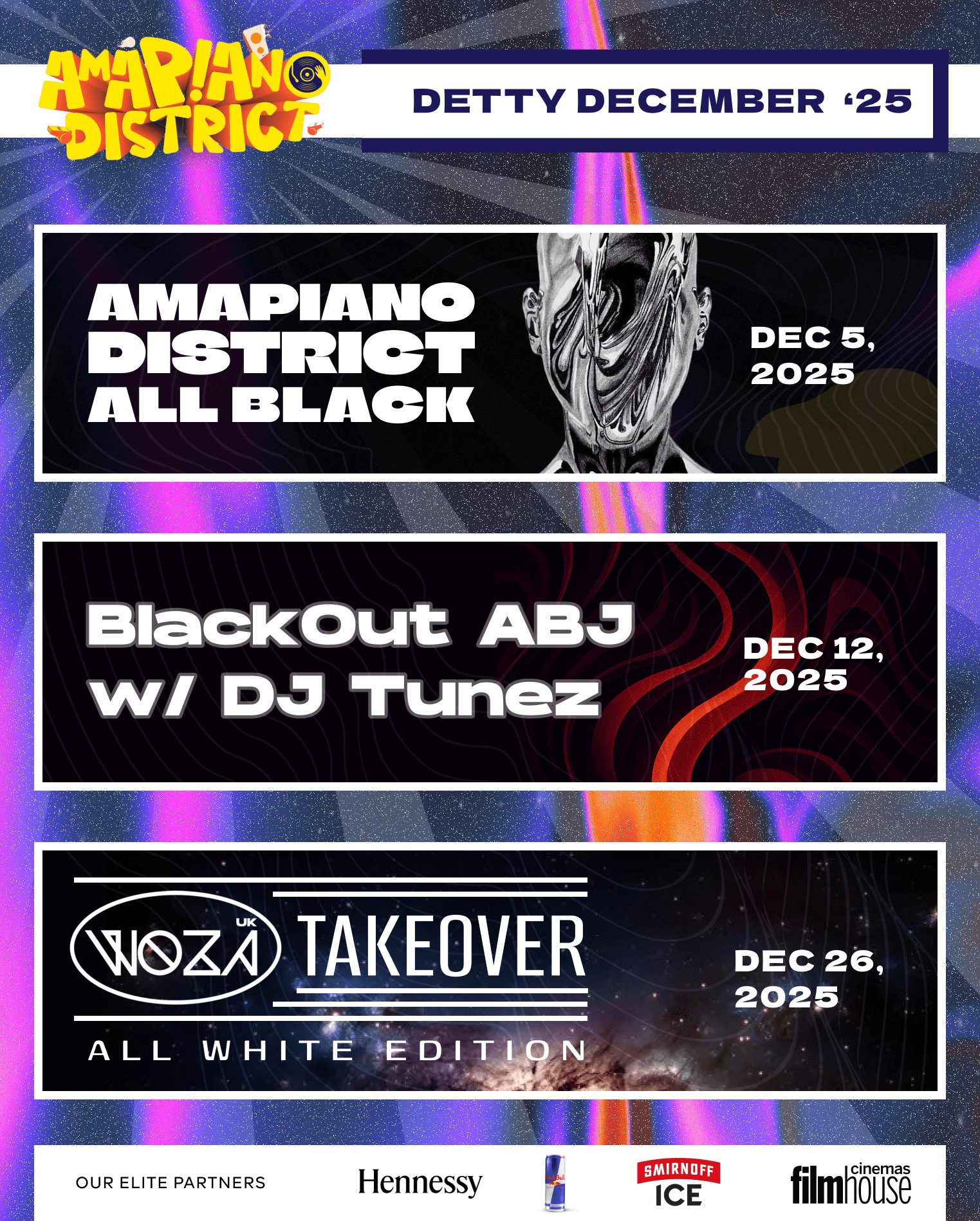


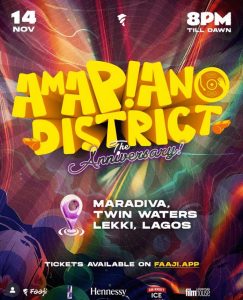



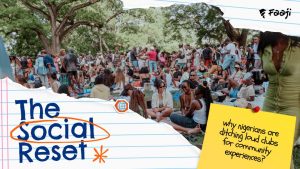

Post Comment